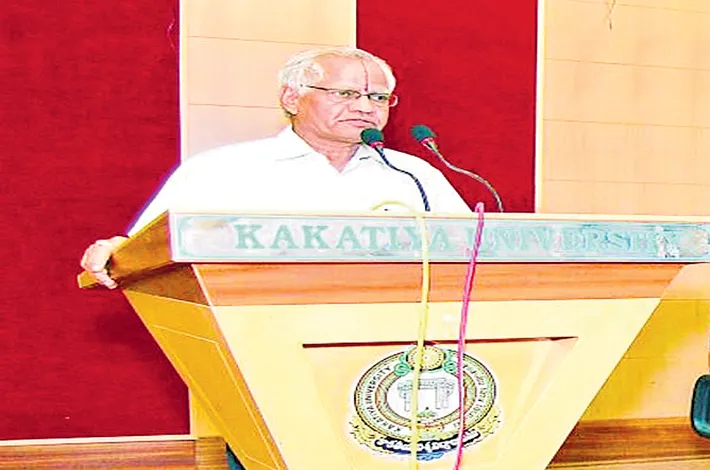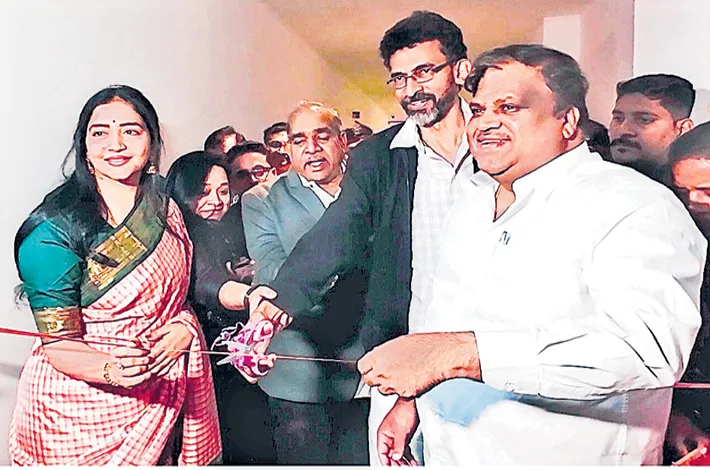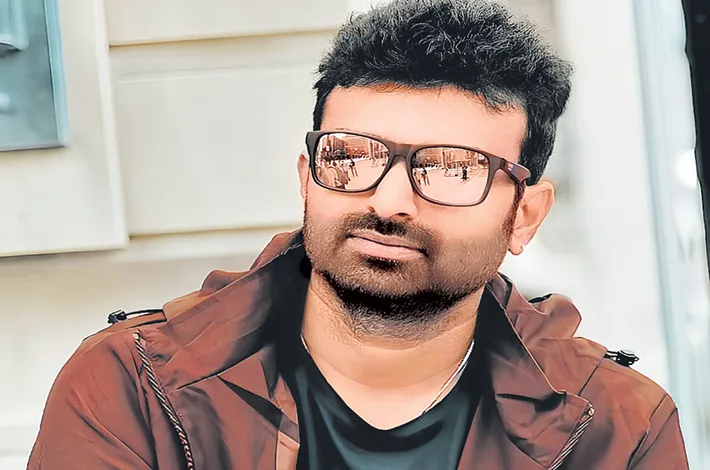To Sir, with love
23-03-2025 12:00:00 AM

Professor S. Lakshmana Murthy, a beloved teacher, scholar, and speaker in Sanskrit, Telugu, and English, passed away on Saturday at around 11 a.m. at his daughter's residence in Hyderabad. He had been receiving treatment in a hospital for the past week. A retired professor from Kakatiya University, he leaves behind an exceptional legacy.
Professor Murthy was known for his simple lifestyle, sharp wit, insightful criticism, and humour. His speeches were enlightening, filled with thought-provoking ideas. A prolific writer, he authored several books, especially on Lord Krishna in beautiful, chaste Telugu. He also wrote hundreds of prefaces and critical opinions and edited numerous books, all without expecting acknowledgment or gratitude. Even in his later years, despite his frailty, he continued his selfless service.
A true gentleman, he was admired for his honesty, kindness, and unwavering support for his wife, Professor Jayasree, their children, and sons-in-law. He always advised his students to maintain strong relationships with their families, friends, teachers, and society. In 1984, Professor Murthy was honored as a Fulbright Scholar, visiting Duke University and the University of Missouri. That same year, he served as the editor of the Kakatiya Journal of English Studies, focusing on Modern Indian Aesthetic Thought.
Professor Murthy was deeply passionate about Sanskrit. On September 15, 2016, he encouraged everyone to learn the language, stressing the unparalleled joy it brought in reading. He emphasized the values found in the Vedas, Upanishads, and other Hindu scriptures, particularly the greatness of Dharma. He took immense pride in India’s rich heritage, often quoting Adi Shankaracharya and Kalidasa, highlighting the importance of keeping both body and soul pure.
At an event on January 11, 2018, he advised students to choose a great role model, describing Swami Vivekananda as “an orator by divine grace.” He reassured students that their choice of language—whether English or their native tongue—would not hinder their success if they had a passion for learning. Reflecting on his own journey, he said, “I too came from a Telugu-medium background, but I later learned English and became a teacher of English.” He also warned students against bad habits that could ruin their lives.
His student, Narrenaditya Komaragiri, fondly recalled Professor Murthy’s captivating lectures. “He had an extraordinary way of narrating, whether it was Alexander Pope’s Rape of the Lock or Marlowe’s Doctor Faustus,” he remembered, emphasizing the subtle sarcasm in his teaching.
Professor Murthy also contributed to several projects, including translating works like Bhakta Potana, which was published in 2013 as part of a children's literature initiative. Though I was not formally his student, Professor Murthy treated me as one, offering invaluable guidance throughout my life.
(Madabhushi Sridhar, Professor, Mahindra University, Hyderabad)








